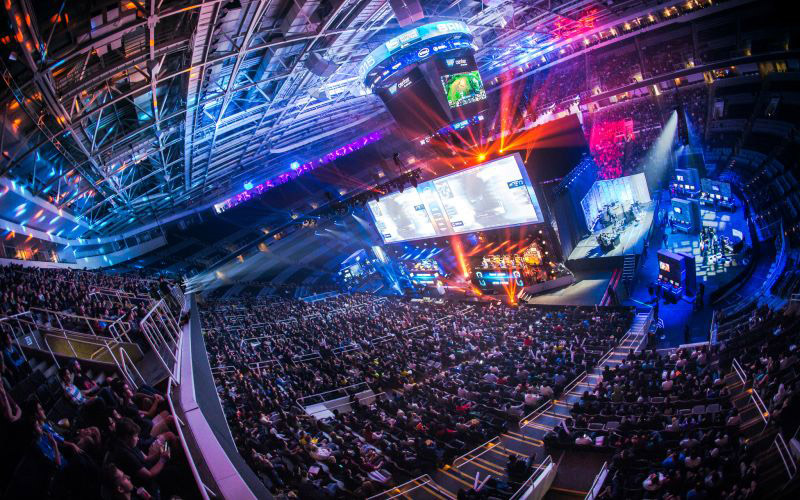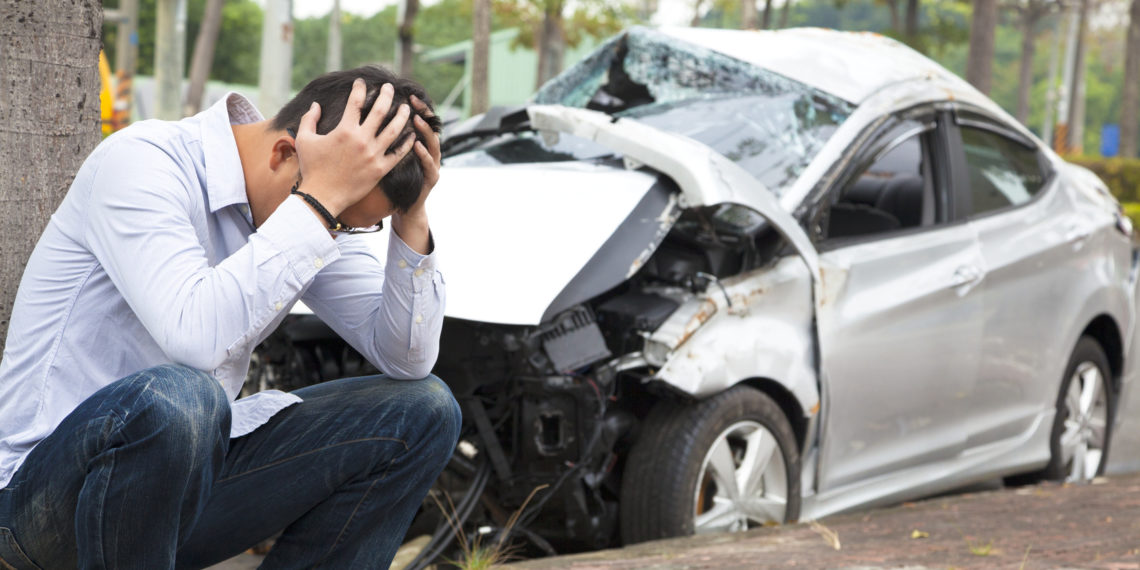What to Do When a Hard Drive Fails?
If a work, or even personal, the computer begins to malfunction due to a hard drive failure, it can seem like the end of the world. Hard drive failure can result in glitches, corrupted or lost files, operating system freeze-ups, and overall system shutdown. Installed programs can be lost as well. The most devastating part is the loss of irreplaceable files and other important data.
Types of Disasters that Cause Hard Drive Failure
Hard drive failure can result from many errors, some of which aren’t so easy to determine. Data corruption can occur due to numerous unfortunate events, such as a virus attack, improper shutdowns, power failures, or other unforeseen issues.
The hard drive itself may experience mechanical failures due to breakage or misalignment of its physical parts. This can happen when the computer is jarred by an impact or fall or from regular wear and tear from continuous use.
A hard drive can also fail because of a mistake on the part of the system or user. This includes actions such as an accidental reformatting of the drive, unintended overwriting of needed files, or mistakenly deleted files and partitions.
Disasters on the premises where the computer is stored can also be why a hard drive may fail. For instance, in a fire, a computer’s hard disk may experience fire or water damage. Power surges during a lightning storm or other issues within the building’s wiring and electrical systems can also impair the hard drive within a computer.
4 Steps to Take When a Hard Drive Fails
Dealing with a failed or damaged hard drive can cause an enormous amount of stress and even cause problems with your company and/or career. Problems with technology, however, are a part of life. Manufacturing defects, electrical surges, user error, and even malicious software can all cause your hardware to stop working. So, what do you do when a hard drive does fail? Here are four steps to take right away:
- Breathe. Your immediate reaction is most likely going to be to panic. So, before you take the first step to deal with your failed hard drive, take a moment to relax, breathe, and think about the problem clearly. It’s just a technology issue and one that can probably be solved.
- Stop using the computer immediately. One of the most common mistakes people make is attempting to access a damaged hard drive repeatedly or restart a computer several times. In each case, this causes the drive to continue spinning and can worsen the damage. Stop using your computer immediately if you sense something is wrong.
- Make a list of your most important files and data. These should represent the top priority for your data recovery team or specialist if they aren’t able to give you everything on your computer before.
- Contact a data recovery specialist: Did you know that a failed hard drive may actually be able to be recovered, even if the computer cannot so much as boot up? Special techniques can be used by data recovery engineers to restore most or all of the data files that may have been damaged or lost due to your hard drive failure.
Hard drive data recovery specialists may be able to tap into the data left over within the undamaged areas of the hard drive, and they may even be able to repair some or all parts of the disk that are damaged.
What Is Mechanical data recovery of a hard drive?
Mechanical failure – the most severe type, involves failure of the moving parts of a hard disk drive. Most mechanical problems result from a damaged disk due to abuse, wear, and excessive write operations.
It can also be the result of a manufacturer’s defect. Mechanical failure can cause platter scratches, motor seizure, head crash, burnt PCB, and other malfunctioning components.
The most common cause of data loss is mechanical damage. This condition will not always cause a failure straight away, but the condition of the platter and internal parts will deteriorate over time, causing the drive to fail.
This will potentially cause the most damage if a laptop, computer, or external hard drive is dropped while the HDD is reading or writing data. Those damaged parts need to be repaired or replaced inside a certified cleanroom using specialized mechanical data recovery techniques to achieve a successful recovery.
Common signs of hard drive mechanical failure:
- The disk is recognized by the system but cannot be read normally;
- The disk cannot be detected via the operating system;
- The disk cannot respond to system commands;
- Disk freeze due to bad sectors;
- Hard drive makes a soft “clicking” or “ticking” sound
Dealing with a damaged hard drive can be somewhere between a mild inconvenience and a major disaster. Call TTR Data Recovery first, and we’ll recover the data you need and be back up and running as soon as possible!





















